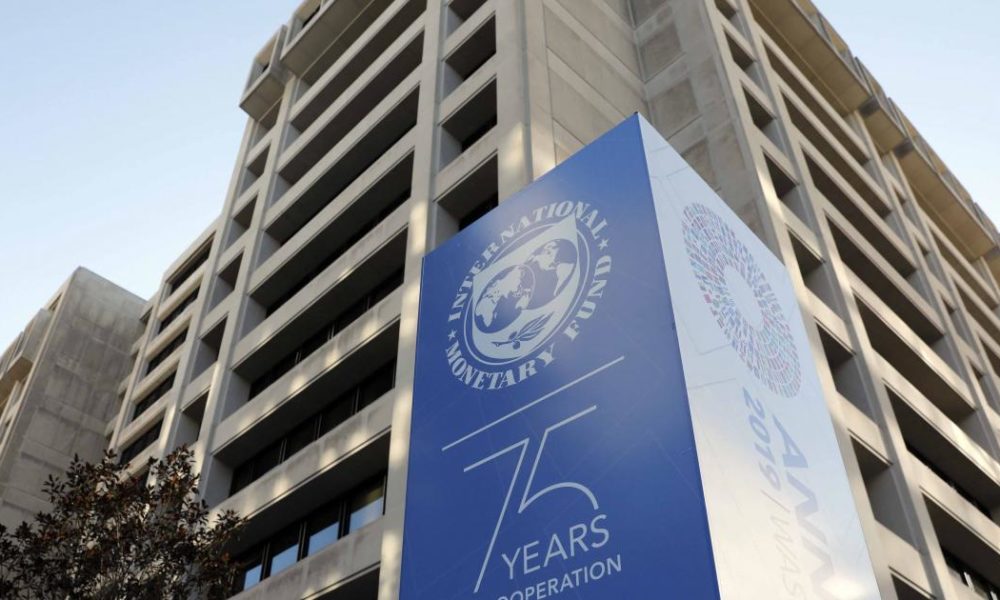Economy
IMF Lowers Global Growth to 5.7 Percent

The IMF is lowering its global growth projection for 2021 slightly to 5.9 percent while keeping it unchanged for 2022 at 4.9 percent. However, this modest headline revision masks large downgrades for some countries the Fund reports in its World Economic Outlook released Tuesday (October 12) in Washington, DC.
“The global recovery continues, but momentum has weakened, hobbled by the pandemic. We have a slight downward revision for global growth for this year to 5.9 percent for next year, our projection remains unchanged at 4.9 percent. The divergences in growth prospects across countries, however, persist and remains a major concern,” said Gita Gopinath, Economic Counsellor and Director of the Research Department at the International Monetary Fund
Gopinath added that risks to economic prospects have increased and policy trade-offs have become more complex in the ongoing Covid-19 pandemic. Monetary policy will need to walk a fine line between tackling inflation and financial risks and supporting the economic recovery.
“One of the major risks remains that there could be new variants of the virus that could further slow back the recovery. We’re seeing major supply disruptions around the world that are also feeding inflationary pressures, which are quite high and financial risk taking also is increasing, which poses an additional risk to the outlook,” explained Gopinath.
The dangerous divergence in economic prospects across countries remains a major concern. These divergences are a consequence of the ‘great vaccine divide’ and large disparities in policy support.
“The foremost priority is to vaccinate the world. Much greater multilateral action is needed to vaccinate at least 40 percent of the population in every country by the end of this year and 70 percent by the middle of next year. We also need much greater action to address climate change. Individual countries will need to tailor their fiscal and monetary policy to the country’s specific conditions, to the health conditions in their country, to their economic conditions, while also maintaining the credibility of their fiscal and monetary frameworks,” said Gopinath.